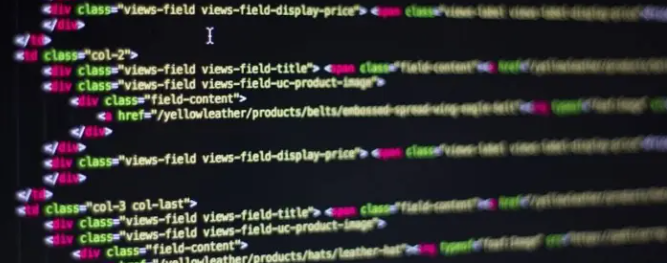
Top Java Training and Placements Institute in RT Nagar
What is Java?
Java is a high-level, object-oriented, platform-independent programming language developed by Sun Microsystems (now owned by Oracle). It is widely used for web, mobile, desktop, enterprise applications, and more.
Key Features of Java
✔ Platform Independent – “Write Once, Run Anywhere” (WORA) due to the JVM (Java Virtual Machine).
✔ Object-Oriented – Follows OOP principles like encapsulation, inheritance, and polymorphism.
✔ Secure & Robust – Strong memory management and built-in security features.
✔ Multi-threading – Supports concurrent execution of tasks.
✔ Scalability & Performance – Used in large-scale enterprise applications.
✔ Rich API & Community Support – Extensive libraries and frameworks.
Java Editions
1️⃣ Java Standard Edition (Java SE)
- Core Java for desktop & server-side applications.
- Includes libraries like Java Collections, Streams, Concurrency, Networking, and JDBC.
- Example: Standalone applications, GUI apps using Swing/AWT/JavaFX.
2️⃣ Java Enterprise Edition (Java EE / Jakarta EE)
- Used for building large-scale, distributed, and web applications.
- Includes Servlets, JSP, JPA, JTA, WebSockets, and RESTful services.
- Example: E-commerce websites, banking applications.
3️⃣ Java Micro Edition (Java ME)
- For embedded and mobile applications.
- Used in IoT devices, smart cards, and legacy mobile applications.
4️⃣ JavaFX
- Modern UI framework for desktop applications.
Java Architecture
1️⃣ Java Source Code → Compiled into Bytecode using javac (Java Compiler).
2️⃣ Bytecode runs on the JVM (Java Virtual Machine), making Java platform-independent.
3️⃣ JVM uses JRE (Java Runtime Environment), which includes Java libraries & runtime.
Core Java Concepts
🔹 Object-Oriented Programming (OOP)
- Class & Object – Blueprint and instance of a class.
- Encapsulation – Hiding data using private variables & getters/setters.
- Inheritance – Code reuse by extending classes.
- Polymorphism – Method overriding & overloading.
- Abstraction – Hiding implementation details (Abstract classes & Interfaces).
🔹 Exception Handling
- try-catch-finally – Handling runtime errors.
- throw & throws – Custom exception handling.
🔹 Java Collections Framework (JCF)
- List (ArrayList, LinkedList) – Ordered collection.
- Set (HashSet, TreeSet) – Unique elements.
- Map (HashMap, TreeMap, LinkedHashMap) – Key-value pairs.
🔹 Multithreading & Concurrency
- Thread Class & Runnable Interface – Parallel execution.
- Executor Framework – Managing multiple threads efficiently.
🔹 Java I/O & Streams
- Reading & writing files using BufferedReader, FileReader, FileWriter, Streams.
Java Development Tools
🛠 JDK (Java Development Kit) – Includes JVM, JRE, Compiler.
🛠 IDE (Integrated Development Environment) – Eclipse, IntelliJ IDEA, NetBeans.
🛠 Build Tools – Maven, Gradle for dependency management.
🛠 Testing Frameworks – JUnit, TestNG for unit testing.
Popular Java Frameworks
🔥 Spring Boot – Simplifies Java backend development.
🔥 Hibernate – ORM for database operations.
🔥 Struts – MVC framework for web applications.
🔥 JSF (JavaServer Faces) – Web UI framework.
🔥 Microservices – Spring Boot + Spring Cloud.
Java for Web Development
🌐 Java Servlets & JSP (JavaServer Pages) – Backend web programming.
🌐 Spring Boot + REST API – Microservices-based web applications.
🌐 Hibernate + JPA – Database management.
Java in Mobile Development
📱 Android Development – Java was the primary language (now replaced by Kotlin).
📱 Java ME (Micro Edition) – Used in older mobile devices.
Career Opportunities in Java
💼 Java Developer – Backend & full-stack development.
💼 Spring Boot Developer – Microservices-based apps.
💼 Android Developer – Mobile app development.
💼 Java Architect – Designs enterprise applications.
💼 DevOps Engineer – CI/CD with Java, Docker, Kubernetes.
